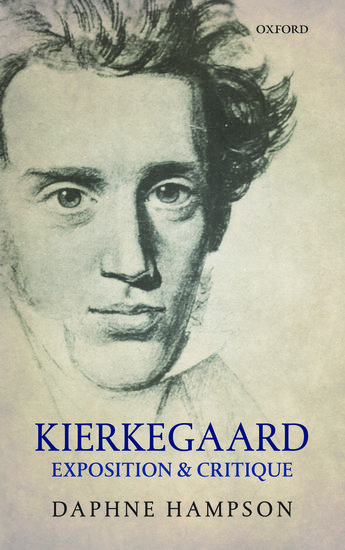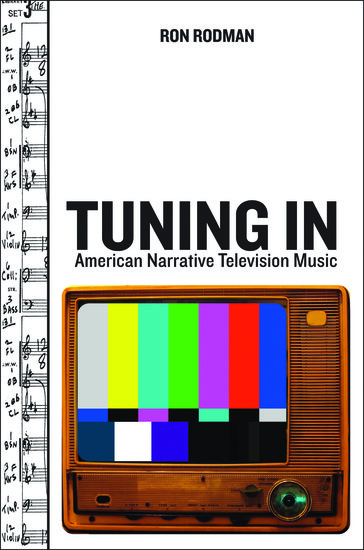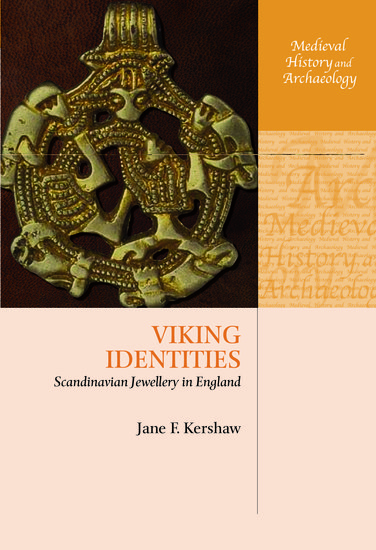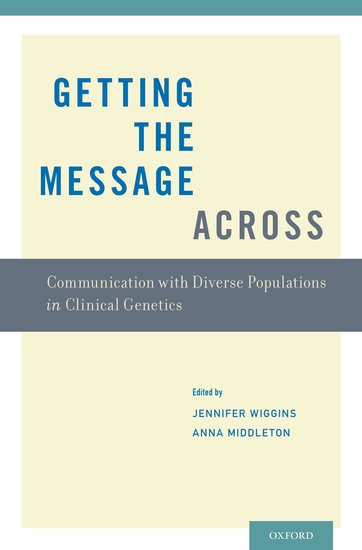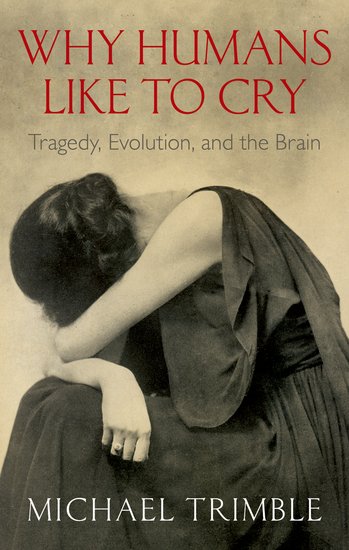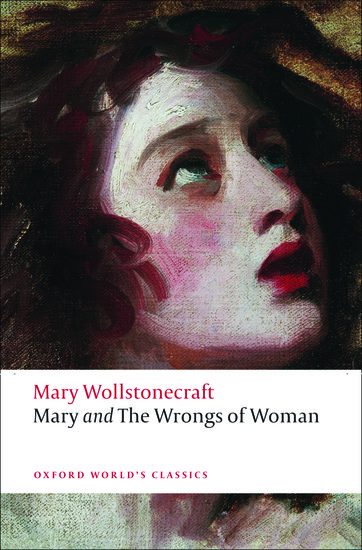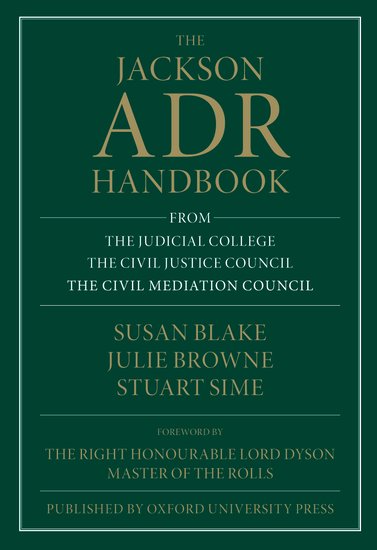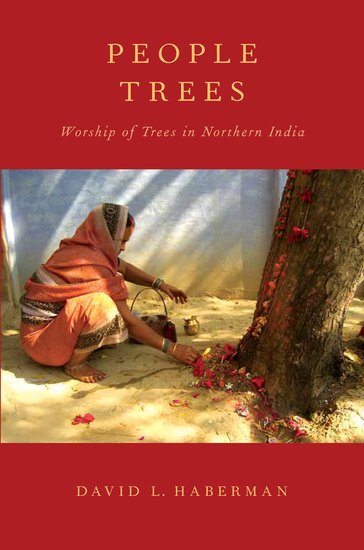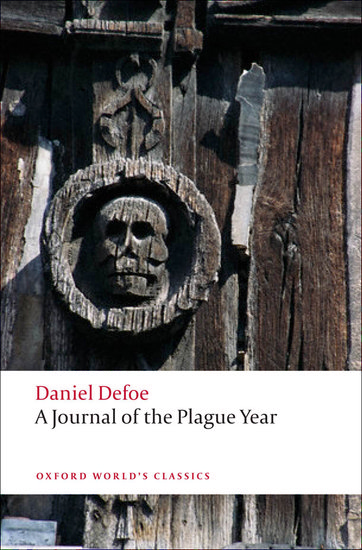Mediterranean diets and health risks for the elderly at high cardiovascular risk
What is the relationship between a Mediterranean diet and the risk of hyperuricemia in the elderly? Dr. Salas-Salvado joins us to discuss his most recent research in the The Journals of Gerontology Series A: Biological Sciences and Medical Sciences.


